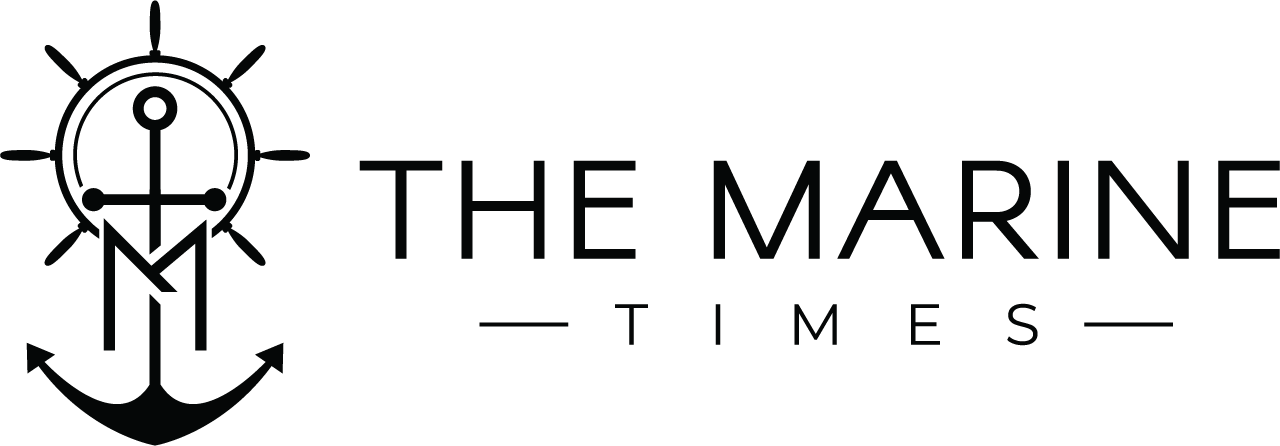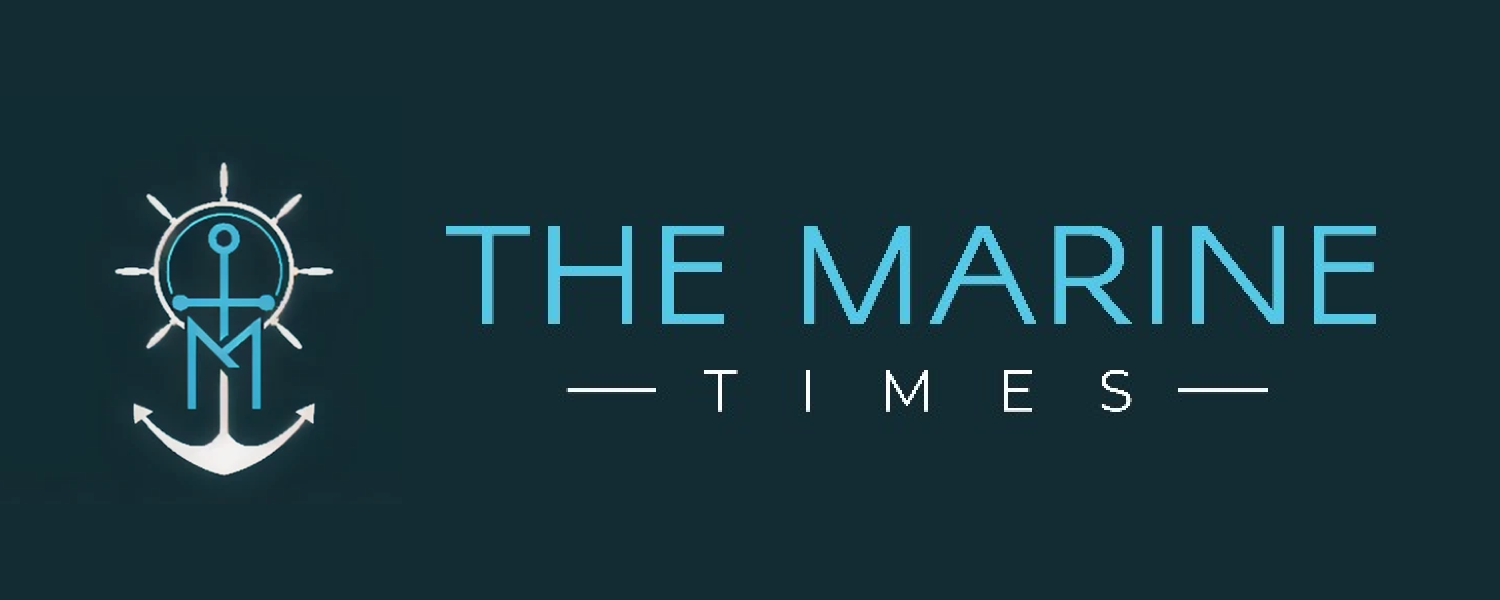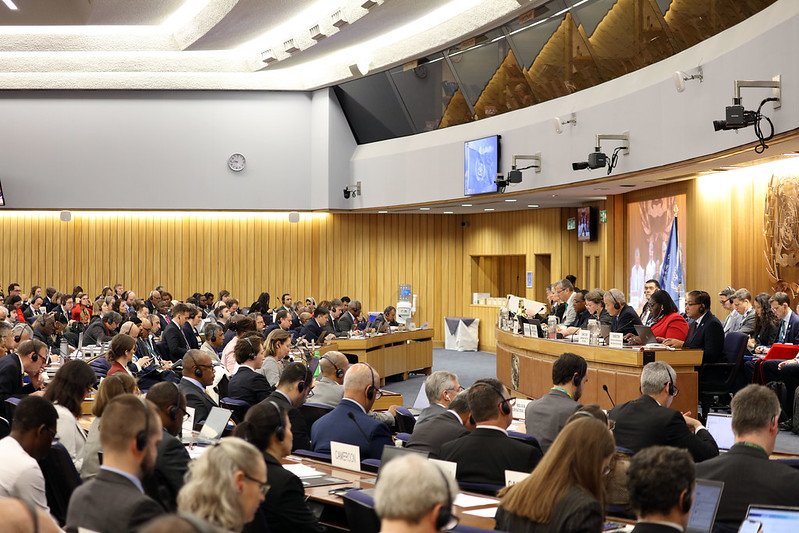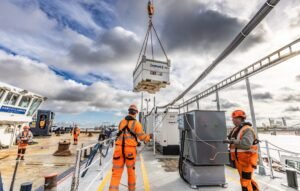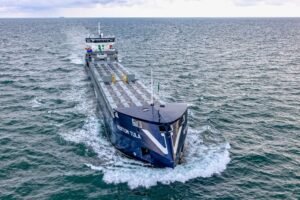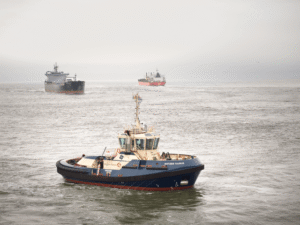Industry bodies from Europe, Asia, and beyond have issued coordinated calls urging governments to adopt the IMO’s Net-Zero Framework next week, describing it as a historic chance to align global shipping with the world’s climate goals.
The world’s leading shipping and maritime organisations have united in an extraordinary show of support for the International Maritime Organization’s (IMO) proposed Net-Zero Framework (NZF), ahead of a decisive vote in London next week.
In a statement released on Wednesday, global bodies including the International Chamber of Shipping (ICS), European Shipowners (ECSA), the Asian Shipowners’ Association (ASA), the International Bunker Industry Association (IBIA), the International Association of Ports and Harbours (IAPH), the International Transport Workers’ Federation (ITF), and the World Shipping Council (WSC) urged IMO member states to adopt the NZF at the Marine Environment Protection Committee’s (MEPC) extraordinary session from 14–17 October.
The NZF is the regulatory backbone of the IMO’s 2023 greenhouse gas (GHG) strategy, setting mandatory emission-reduction targets and a pricing mechanism that penalises under-performance while rewarding the use of cleaner fuels.
Industry leaders say it will provide the predictability and incentives needed to de-risk investment in green marine fuels and accelerate the transition towards net-zero emissions by 2050.
Global Framework Seen as Key to Unlocking Green Investment
The message was echoed a day earlier by seven national shipowner associations — from Japan, Belgium, the Netherlands, Singapore, the UK, Norway, and Denmark — who jointly appealed for “global rules for a global industry.”
Their statement warned that without the NZF, shipping risked being mired in “a complicated and inefficient patchwork” of regional regulations, particularly between the IMO and the European Union, undermining both climate goals and fair competition.
“Only global rules will decarbonise a global industry,” the groups said. “With the support of the industry, this is a unique and historic opportunity for governments to put in place a comprehensive global framework.”
The coalition emphasised that the NZF would not only curb emissions but also send a powerful market signal to scale up production of low-carbon marine fuels.
With 90% of world trade carried by sea, the industry declared itself “ready to play its part” — urging governments to “make history in London.”
